invasive blackberry and broom
westgate
14 years ago
Related Stories
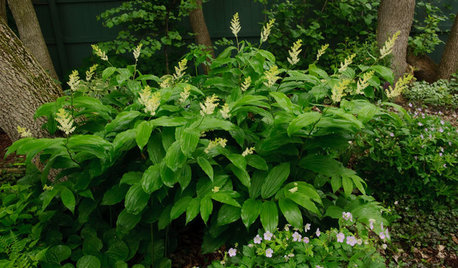
GARDENING GUIDESGarden-Friendly Native Alternatives to Overplanted Exotics
There are lots of gorgeous, wildlife-friendly native plants ready to make an appearance in your garden
Full Story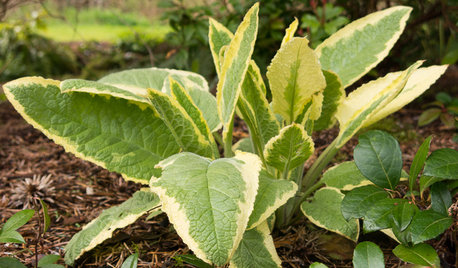
GARDENING GUIDESGreat Design Plant: Axminster Gold Comfrey for Sun or Shade
Plant this perennial for bold color that will light up shady spots, sparkle in the sun and add interest from spring until fall
Full Story
KITCHEN DESIGNSo Over Stainless in the Kitchen? 14 Reasons to Give In to Color
Colorful kitchen appliances are popular again, and now you've got more choices than ever. Which would you choose?
Full Story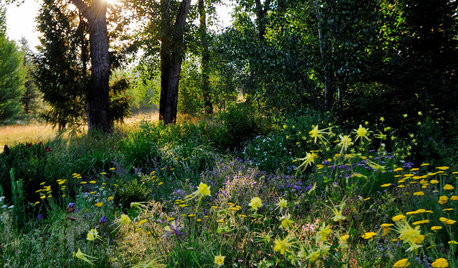
NATIVE PLANTSWhy Aggressive Plants Might Actually Be Your Friends
Sometimes a garden thug is exactly what’s called for
Full Story
GARDENING AND LANDSCAPINGGrow a Lush Privacy Screen
No need to wait forever for patio privacy the green way. These 10 ideas will get your screening up and running in no time
Full Story
LANDSCAPE DESIGNSmall Garden? You Can Still Do Bamboo
Forget luck. Having bamboo that thrives on a wee plot just takes planning, picking the right variety, and keeping runners in check
Full Story
GARDENING GUIDESHow to Switch to an Organic Landscape Plan
Ditch the chemicals for a naturally beautiful lawn and garden, using living fertilizers and other nontoxic treatments
Full Story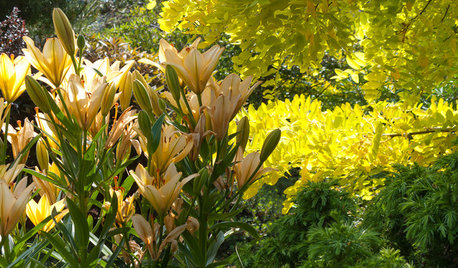
GARDENING GUIDESGreat Garden Combo: 3 Wonderful Plants for a Deer-Resistant Screen
Protect your privacy and keep deer at bay with a planting trio that turns a problem garden area into a highlight
Full Story
MOST POPULAR25 Ideas to Perk Up Your Side Yard
Turn this often overlooked area into an enticing and useful outdoor space
Full Story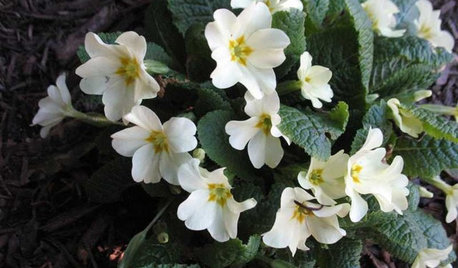
SPRING GARDENING7 Great Container Plants for Early-Spring Appeal
Good things sometimes come to those who impatiently head to the nursery for plants that can take a chill
Full Story





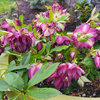
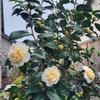
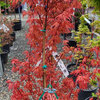
dottyinduncan
buyorsell888
Related Professionals
Maple Heights Landscape Architects & Landscape Designers · Matthews Landscape Contractors · Brunswick Landscape Contractors · Cliffside Park Landscape Contractors · Gallatin Landscape Contractors · St. Louis Landscape Contractors · Goldenrod Landscape Contractors · Barrington Fence Contractors · Homestead Fence Contractors · Irvine Fence Contractors · Nampa Fence Contractors · North Potomac Fence Contractors · Olney Fence Contractors · Simi Valley Fence Contractors · Castaic Fence Contractorsvictoriannoire
westgateOriginal Author
aftermidnight Zone7b B.C. Canada
Embothrium
JAYK
westgateOriginal Author
buyorsell888
Embothrium
johnaberdeen
aftermidnight Zone7b B.C. Canada
novita
Embothrium
reg_pnw7
westgateOriginal Author
rain2fall
Embothrium
JAYK
johnaberdeen
Embothrium
gardengal48 (PNW Z8/9)